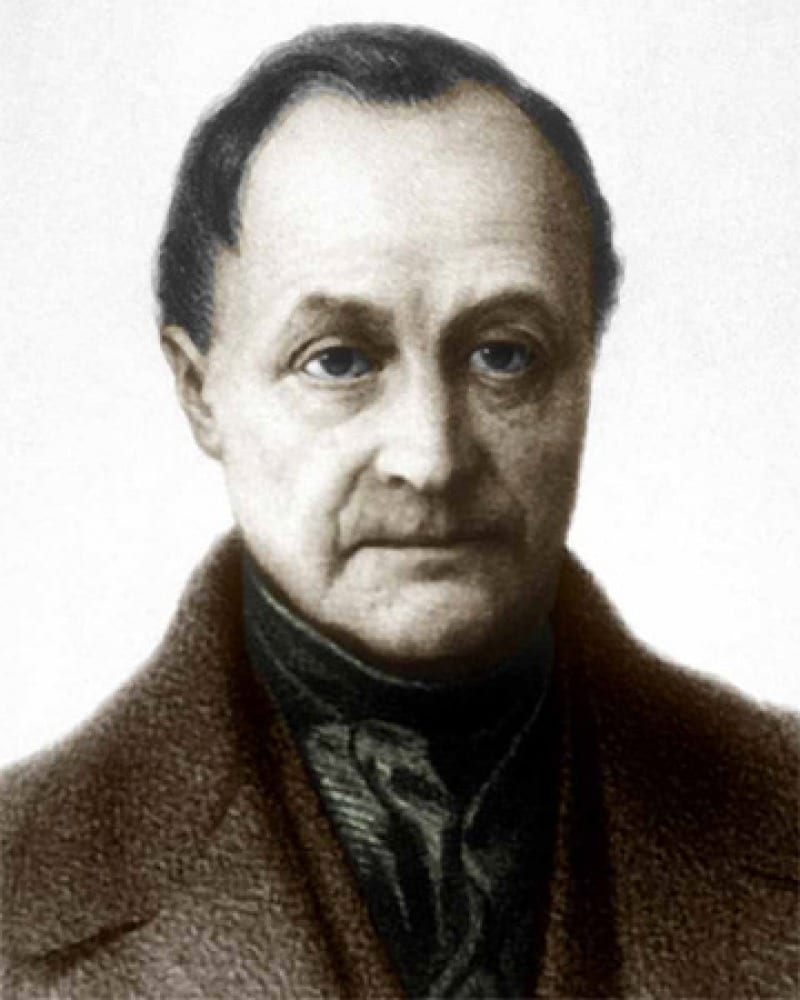Tyrannical Person: proofs that the just are happier than the unjust
Lawless friends plus money from a father = a democrat, when you add smarts and depresssion and lawless ruler…you get tyrant.
First proof that justice is happier state(571b-c):
He begins by discussing necessary and unnecessary pleasures and desires (571b-c).
- Kings: Those with balanced souls ruled by reason are able to keep their unnecessary desires from becoming lawless and extreme (571d-572b).
- The tyrannical individual comes out of the democratic individual when the latter’s unnecessary desires and pleasures become extreme; when he becomes full of Eros or lust (572c-573b). The tyrannical person is mad with lust (573c) and this leads him to seek any means by which to satisfy his desires and to resist anyone who gets in his way (573d-574d).
Some tyrannical individuals eventually become actual tyrants (575b-d). Tyrants associate themselves with flatterers and are incapable of friendship (575e-576a).
(576c ff.)Applying the analogy of the city and the soul, Socrates proceeds to argue that the tyrannical individual is the most unhappy individual:
- Like the tyrannical city, the tyrannical individual is enslaved (577c-d), since
- least likely to do what he wants (577d-e),
- poor and unsatisfiable (579e-578a),
- fearful and full of wailing and lamenting (578a).
- The individual who becomes an actual tyrant of a city is the unhappiest of all (578b-580a).
Socrates concludes this first argument with a ranking of the individuals in terms of happiness: the more just one is the happier (580b-c).
Second proof (580d)
Socrates distinguishes three types of persons: one who pursues wisdom, another who pursues honor, and another who pursues profit (579d-581c).
- Since the philosohper is able to consider all three types of life clearly
- and since seeing all three types clearly is the content of the state
- We should trust the wisdom lover’s judgment in his way of life as the most pleasant, (581c-583a).
Third proof (583b)
He begins with an analysis of pleasure:
- Relief from pain may seem pleasant (583c) and bodily pleasures are merely a relief from pain but not true pleasure (584b-c).
- But the only truly fulfilling pleasure is that which comes from understanding since the objects it pursues are permanent (585b-c).
- Socrates adds that only if the rational part rules the soul, will each part of the soul find its proper pleasure (586d-587a).
He concludes the argument with a calculation of how many times the best life is more pleasant than the worst: seven-hundred and twenty nine (587a-587e). Socrates gives an image of a multi-headed beast, lion, contained in a man to illustrate the consequences of justice and injustice in the soul and to support justice (588c ff.). The multiheaded beast is in charge (concupiscence).
The wise mean instead brings all the animals in him up to be friendly to the man and to each other, making an ally of the lions nature. Both the virtuous man and the tyrant disparage the unjust person for different reasons. He will hate himself because he will enslave his daughter for money to have sex etc. That is not for his advantage.
Its better that we all be directed to the divine and governed by mind, or by force, to the same thing.
(591) The one who gets away with injustice becomes even worse in the long run.
(592) He who has sense therefore will strain for virtue in the end, and value those things in life above all else. He should pay attention to his inner constitution. By this goodness of constitution, he won’t want anything to do with a public constitution, because he only cares about virtue and truth.
EPILOGUE
A “tale” (myth) about justice
Imitative poetry rejected (595a-608b) Bk. X
Thereafter, Socrates returns to the subject of poetry and claims that the measures introduced to exclude imitative poetry from the just city seem clearly justified now (595a). Poetry is to be censored since the poets may not know which is; thus may lead the soul astray (595b). Socrates proceeds to discuss imitation. He explains what it is by distinguishing several levels of imitation through the example of a couch: there is the Form of the couch, the particular couch, and a painting of a couch (596a-598b). The products of imitation are far removed from the truth (597e-598c). Poets, like painters are imitators who produce imitations without knowledge of the truth (598e-599a). Socrates argues that if poets had knowledge of the truth they would want to be people who do great things rather than remain poets (599b). Socrates doubts the poet’s capacity to teach virtue since he only imitates images of it (599c-601a). The poet’s knowledge is inferior to that of the maker of other products and the maker’s knowledge is inferior to that of the user’s (601c-602b).
Now Socrates considers how imitators affect their audiences (602c). He uses a comparison with optical illusions (602c) to argue that imitative poetry causes the parts of the soul to be at war with each other and this leads to injustice (603c-605b). The most serious charge against imitative poetry is that it even corrupts decent people (605c). He concludes that the just city should not allow such poetry in it but only poetry that praises the gods and good humans (606e-607a). Imitative poetry prevents the immortal soul from attaining its greatest reward (608c-d).
Argument for justice and from its eternal consequences
Immortality of the soul (608b-614a)
Glaucon wonders if the soul is immortal and Socrates launches into an argument proving its immortality: things that are destroyed, are destroyed by their own evil; the body’s evil is disease and this can destroy it; the soul’s evils are ignorance, injustice and the other vices but these do not destroy the soul; thus, the soul is immortal (608d-611a). Socrates points out that we cannot understand the nature of the soul if we only consider its relation to the body as the present discussion has (611b-d).
Murth of Er (614a-621d)
Socrates finally describes the rewards of justice by first having Glaucon allow that he can discuss the rewards of reputation for justice (612b-d). Glaucon allows this since Socrates has already defended justice by itself in the soul. Socrates indicates justice and injustice do not escape the notice of the gods, that the gods love the just and hate the unjust, and that good things come to those whom the gods love (612e-613a). Socrates lists various rewards for the just and punishments for the unjust in this life (613a-e).
(614b)He proceeds to tell the Myth of Er that is supposed to illustrate reward and punishment in the afterlife .
- The souls of the dead go up through an opening on the right if they were just, or below through an opening on the left if they were unjust (614d).
- The various souls discuss their rewards and punishments (614e-615a).
- Socrates explains the multiples by which people are punished and rewarded (615a-b).
- The souls of the dead are able to choose their next lives (617d) and then they are reincarnated (620e).
Socrates ends the discussion by prompting Glaucon and the others to do well both in this life and in the afterlife (621c-d).

